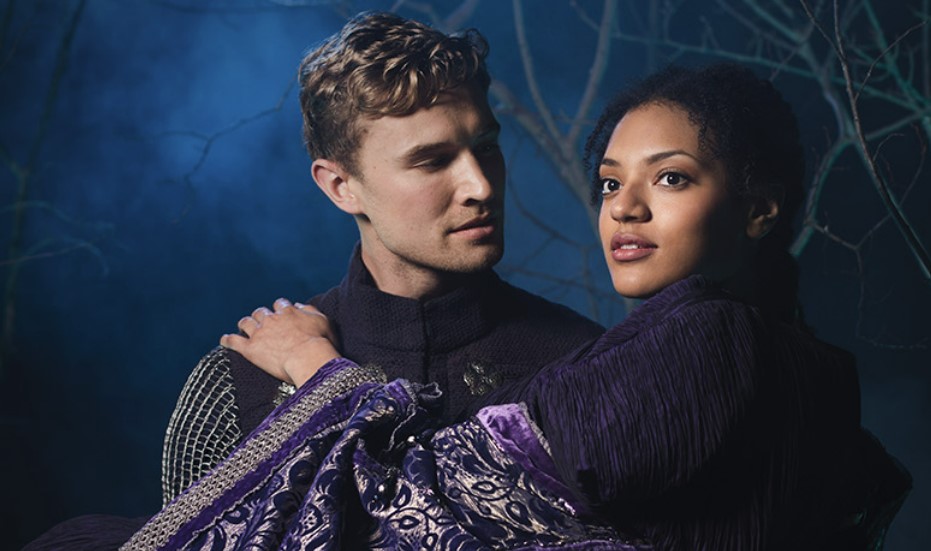In the last nearly four decades I have seen all Wagner’s regularly performed operas at Seattle Opera, including the Ring Cycle more times than by any other company.
Seattle Opera’s new production of Wagner’s Tristan und Isolde, directed by Marcello Lombardero and finely conducted by Jordan de Souza, was up to the standard. The key and effective singers included Stefan Vinke and Mary Elizabeth Williams in the title roles, Amber Wagner (a useful name as well as a very fine voice) as Brangaene, Ryan Mackinney as Kurwenal, and Morris Robinson as King Marke. The hugely demanding music played by the Seattle Symphony and Opera Orchestra was superb. This run of Tristan concludes Saturday night (10/29).
The stage direction and acting made the remarkable mixture of family, sexual, and political essences of the story unusually clear. They did attract not just emotion in the audience but also (which is not at all common in performances of this work) some humor at the weird behavioral decisions by the doomed lovers.
Diego Silano, the set and video designer, also vividly conveyed the journey by sea from Ireland to Cornwall in ways which emphasized and clarified the mixture of political and personal motivations.
Another admirable aspect is the good English captions on the above-stage board where they are easier to see and read than in many other opera houses.
Discover more from Post Alley
Subscribe to get the latest posts sent to your email.

Special credit to Mary Elizabeth Williams, singing her first Wagner role as Isolde, no small achievement. Williams got her start 20 years ago in Seattle Opera’s young artists program. She’s singing the role again at Paris Opera in January in a Peter Sellers production, directed by Gustavo Dudamel.
And a shout out to Stefan Farkas in the orchestra pit, who handled the famous English horn solo at the top of Act III with aplomb. You can listen to several recordings of this difficult, three-minute solo on YouTube. Farkas’ flawless performace Saturday night was as good as any of them.
An added prize for Wagner fans, in addition to Isolde’s justly famous Liebestod at the finale, was hearing Williams and Stefan Vinke sing an actual duet, a rarity in Wagner’s works. One of Wagner’s idiosyncratic principles was that people don’t talk at the same time so they shouldn’t sing together. There’s a story that Wagner argued this point with Rossini when he paid a visit to the old composer. Rossini replied that people don’t sing at each other in real life so talking rules don’t apply. “It’s music, Herr Wagner.”